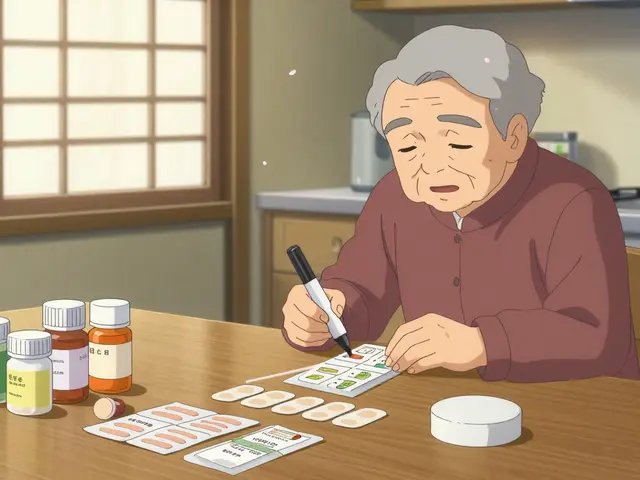Depression Symptoms – What to Look For
Feeling down sometimes is normal, but when low mood sticks around and starts messing with daily life, it could be depression. Below we break down the most common signs so you can spot them early.
Common Physical and Emotional Signs
Depression often shows up as a mix of mental and body clues. You might notice:
- Persistent sadness or emptiness that doesn’t fade.
- Loss of interest in hobbies you used to enjoy.
- Sleep changes – either insomnia or sleeping way too much.
- Unexplained weight gain or loss, plus appetite shifts.
- Constant fatigue even after rest.
- Difficulty concentrating, making decisions, or remembering things.
- Feelings of worthlessness, guilt, or hopelessness.
- Thoughts about death or self‑harm.
Physical aches like headaches, stomachaches, or back pain can also be linked to depression. The body sometimes speaks when the mind is struggling.
When to Seek Professional Help
If you notice several of these symptoms lasting more than two weeks, it’s time to talk to a doctor or therapist. You don’t need to wait for a “crisis” – early treatment works best.
Ask yourself:
- Am I able to go to work or school?
- Do I avoid social events because I feel “no good”?
- Has my mood affected my relationships?
If you answered yes, reach out. A mental‑health professional can run a quick assessment and suggest options such as therapy, medication, or lifestyle changes.
On Sevencells we’ve written about specific treatments that might help once depression is diagnosed:
- Emsam Patch: a transdermal antidepressant that works differently from pills. Read the full review for real‑world experiences.
- Wellbutrin SR Alternatives: if side effects are an issue, explore other meds like Zoloft or Cymbalta.
- Theanine: a natural supplement some people use to lower stress and improve focus.
Remember, you’re not alone. Millions experience depression each year, and help is just a call or click away. Keep this list handy, share it with friends or family, and don’t ignore the warning signs.
Quick tip: track your mood for a week using a simple notebook or phone app. Jot down sleep hours, appetite, energy levels, and thoughts. Patterns often emerge that make it easier to discuss with a professional.
Take the first step today – whether it’s reading one of our detailed articles, talking to a trusted person, or setting up an appointment. Recognizing depression symptoms early can change the whole outlook.
The impact of social media on the symptoms of depression
Well, here's the scoop, my digital buddies! Social media, that great big online playground, can be a bit of a double-edged sword when it comes to our mental health, specifically depression. On one hand, it's all rainbows and unicorns, connecting us with friends, family, and cat memes. But on the flip side, it can be like a never-ending episode of "Keeping Up with the Kardashians," making us feel down and out if we think we're not living up to those perfectly filtered lives. So, remember folks, don't let the Insta-envy get to you – it's all just a highlight reel!






